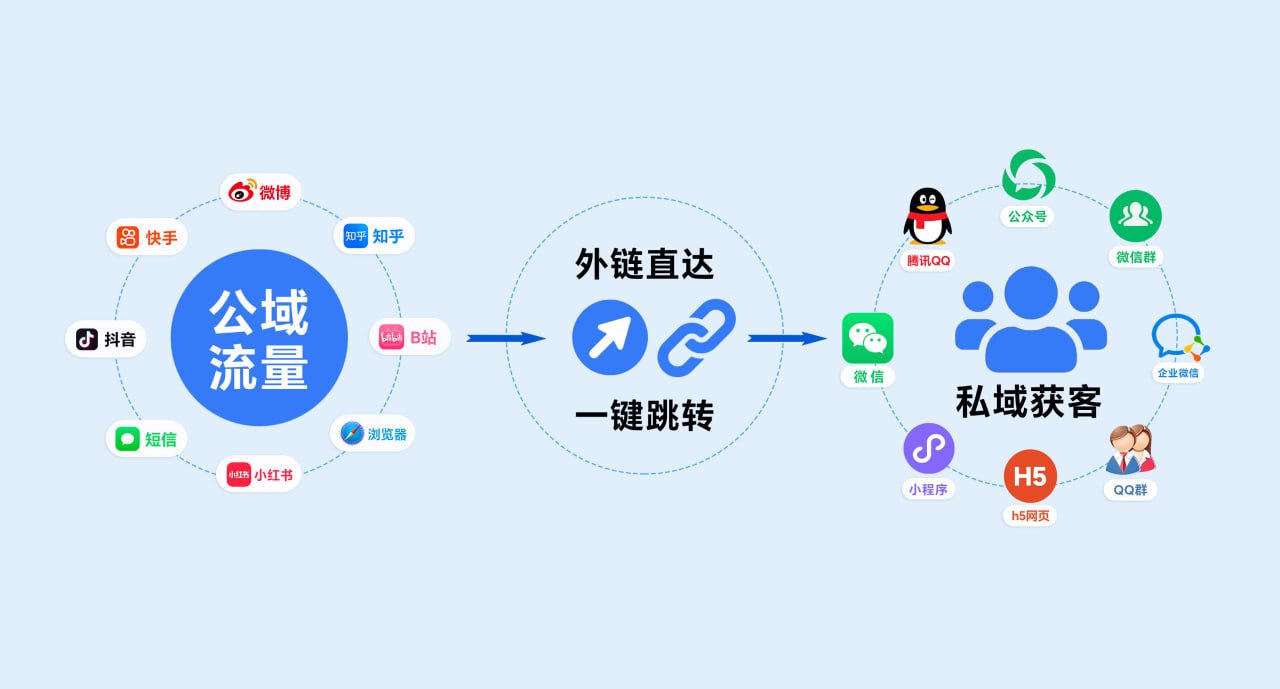波波活码为您提供稳定、灵活的活码解决方案,助力轻松管理流量,实现高效转化。一次生成,永久使用,随时更新。

活跃用户
生成活码
扫码次数
企业客户
波波活码提供全方位的活码解决方案,满足您在不同场景下的需求
支持多种场景活码创建,实时更新,灵活管理。无需重新印刷,随时修改二维码指向内容。
清晰查看扫码数据,包括扫码时间、地点、设备等信息,助力优化推广策略,提升转化率。
高可用架构,保障服务稳定运行,7×24小时监控,确保您的业务不受影响,扫码体验流畅。
完美适配各种扫码场景和设备,支持微信、支付宝、浏览器等主流扫码工具,无兼容性问题。
支持多用户协作,设置不同权限,多人共同管理活码,提高工作效率,分工明确。
提供多种行业模板,一键生成专业活码,满足不同场景需求,让您的活码更具吸引力。
通过强大的数据分析功能,助力您优化推广策略
了解用户所在地区,优化区域推广策略,提高转化率。
掌握用户扫码活跃时间,精准投放内容,提升营销效果。
分析用户使用的设备类型,优化移动端和PC端的展示效果。
跟踪扫码量变化趋势,及时调整推广策略,应对市场变化。

“波波活码” 专注于为个人、企业提供专业的活码服务。我们深知在数字化营销与连接用户过程中,活码工具的重要性,因此致力于打造简单易用、功能强大、稳定可靠的活码系统。
无论是用于引流获客、用户运营,还是内部管理等场景,波波活码都能为您提供高效的解决方案,帮助您打破信息连接壁垒,让每一次扫码都更有价值。